- Casino
- By State
- Alabama
- Alaska
- Arizona
- Arkansas
- California
- Colorado
- Connecticut
- Delaware
- Georgia
- Florida
- Hawaii
- Idaho
- Illinois
- Indiana
- Iowa
- Kansas
- Kentucky
- Louisiana
- Maine
- Massachusetts
- Maryland
- Michigan
- Minnesota
- Mississippi
- Missouri
- Montana
- Nebraska
- Nevada
- New Hampshire
- New Jersey
- New Mexico
- New York
- North Carolina
- North Dakota
- Ohio
- Oklahoma
- Oregon
- Pennsylvania
- Rhode Island
- South Carolina
- South Dakota
- Tennessee
- Texas
- Utah
- Vermont
- Virginia
- Washington
- West Virginia
- Wisconsin
- Wyoming
- By State
- Slots
- Poker
- Sports
- Esports
- Home
- Who Invented Gambling?
Who Invented Gambling?

Gambling has been around for millennia and thousands of civilizational years suggest that games of chance are just one of those evolutionary traits that we can’t shake off. Fast-forward to the 21st century, and people are just as split on gambling as they were in the past. China still prohibits gambling as it did 4,000 years ago and the Roman Empire is no longer around, but Italy, its successor, is not too keen on gambling either.
In Egypt, gambling was an offense against the Pharaoh and gamblers were sentenced to forced labor camps. In Islam, Buddhism, and Talmud, gambling is considered a sin and has been oftentimes punished severely. Today, we take a look at the history of gambling but also its institutionalization.
Remember, gambling was always part of human history, but it became a well-established and prominent societal phenomenon only around the 20th century when the first commercial casinos and gambling dens began sprouting.
History of Gambling: Gambling in Ancient Times
Putting an exact date on gambling is no easy task. Most research suggests that games of chance were played across the globe and in all societies, whether the official laws permitted it or not. What is more interesting is that many of these societies, cultures and nations had no real way to know each other.
Native Americans in North America would play a game similar to knucklebones which is described in the Bible as Roman Empire guards’ bickered over Jesus’ garments during the Crucifixion. Games of chance were already well-established during the Achaemenid Empire, known as the First Persian Empire, but they go all the way back to ancient times before that still.
The scientific evidence allows us to pierce through the veil of history and find tangible evidence that gambling was already available as early as the Paleolithic period before written history existed. Yet, the earliest six-sided dice was found in Mesopotamia, considered a cradle of modern civilization, around 3,000 BC.
Simpler versions of dice games emerged as part of Astragalomancy, which used knucklebones referred to as astragali to try and divine the future. Divination was an important part of why gambling came to be in the first place and is also an interesting look into how the institution of gambling clashes with its stated purpose. Let’s explain.
Gambling as Part of Divine Predestination
While opposition against gambling mounted over the millennia and rulers outlawed the practice in many societies, gambling remained as vibrant as ever, especially in those civilizations that were more spiritual and venerated more deities to begin with. Gambling in the millennia now gone was associated with guessing a divine plan.
Astragali were cast not necessarily to deprive one man of their belongings, but rather to satisfy a need to know what gods thought about one matter or another. And indeed, dice were thrown to read the future, dispense justice, or make important decisions – not necessarily to split plunder or loot. That only came later. An interesting factoid is that the Swedish word for justice comes from the Greek word “ dike” which means “ to throw,” which is fascinating.
As we continued to collect and amass commodities and precious metals, people began to think that they can use dice to decide who is more deserving of one good or another. Staking out things of value against random chance became more popular in modern societies after 2,300 BC but rulers quickly understood that gambling was a vice in the sense it deprived some and gave to others.
None of this stood well with emperors and monarchs, and they began outlawing the activity – which would not be curbed of course. Christians, Muslims, and Buddhists will all oppose gambling as a social construct in the years that paved modernity, though.
Who Invented Gambling After All?
The modern concept of gambling should be attributed to Europe. Europeans are those who invented gambling in its most meaningful sense as we see it today. That was later popularized by Americans who opened thousands of commercial casinos. However, the games they introduced were already ingrained in the history of the Old World.
Baccarat began appearing in France and Italy around the 1400s and immediately became a hit with royalties and even some common folk who had got their hands on a set of playing cards. The cards back then looked much different than they do now, of course.
Europe would see other games come to power. Miguel de Cervantes described a game like blackjack in one of his works. Cervantes, who authored Don Quixote and the interminable quest for what is just and right, also mentioned a game called “ventiuna” which is essentially twenty-one, one of the names of blackjack, because of the game’s strongest combination being equal to 2021. That was back in the 1600s.
But that is not all, because the first casinos began appearing in Italy ca 1638 when the Ridotto opened for business in Venice, and thus the modern institution of gambling was solidified in our collective history as a species. The years ahead will be torn by wars, famines, pandemics, and other catastrophes, but one thing remained fixated – our propensity for gambling.
At the beginning of the 1800s, the “Little Wheel of Paris” was born thus describing the game of roulette, which became an immediate hit with locals and earned fame over the entire continent. In the United States, the game was quickly re-invented into a “Double Zero” version or “American Roulette” which broke away from the “Single Zero” game originally introduced in the Monte Carlo Casino to introduce more people to gambling and give them a feeling that they have a chance of winning.
The poker years followed – in the United States. From the 1830s onward, poker became a game to settle differences but often instigate one. Outlaws would play over their plunder and then bicker over their losses. In the 1890s, the one-armed bandits, known as “slots” began to appear. Gambling would continue to evolve in the decades until 1910 when Las Vegas was formed, the world’s biggest hub for gambling and thus the “end of gambling history” was achieved.
What Is Next for Gambling?
Gambling has gone a long way since the 1900s, apparently. The activity was taken over the phone lines in the 1990s and it became a permanent fixture of the Internet. It continues to evolve as consumers are looking for new experiences in the 21st century and gambling will continue to evolve. Its original purpose of reading divine predestination is now long forgotten, but it’s funny how gambling was always a part of our basic instinct as a living species. While you cannot expect “justice” at the gambling tables or even a glimpse at the future, you can still have a bit of fun, nevertheless.
FAQs
What is the first real proof of gambling?
This would be the knucklebones dating back to the Palaeolithic Age. The bones were the predecessor of the dice which were invented after that. It’s very likely that gambling existed long before recorded history began.
Why was gambling invented?
To guess the gods’ will, decide the fates of criminals and even make decisions about going to war against neighboring societies and countries.
Which nation gambled first?
It’s hard to say. Reports dating as early as 2,300 BC to Ancient China suggest that gambling was popular there. However, Native Americans were also gamblers, and the two groups never had any known contact.
Was gambling popular in Ancient Rome?
Roman guards were throwing knucklebones or “drawing lots” as per the Bible to determine who would get Jesus’ clothes during the Crucifixion. Gambling wasn’t officially sanctioned, but it was popular in the Roman Empire, yes.
Does religion approve of gambling?
No, religion generally does not approve of gambling and has not approved of the activity throughout the ages.
Is gambling a modern invention?
No, gambling has been part of modern human history and goes back at least 3,000 years.
Who invented modern games of chance?
Europeans and Americans. Baccarat, blackjack and roulette were invented in Europe in the 15th, 17th and 19th centuries respectively.
Related Topics:
After finishing her master's in publishing and writing, Melanie began her career as an online editor for a large gaming blog and has now transitioned over towards the iGaming industry. She helps to ensure that our news pieces are written to the highest standard possible under the guidance of senior management.
Must Read
Legal
November 17, 2019
Philippine Gaming Operators Involved in Prostitution Ring
Casino
October 7, 2019
Haven Gaming to Build Danville Casino in IL
Casino
October 6, 2019
MGM To Pay $735M as Part of Settlement for Las Vegas Shooting
Casino
September 28, 2019
Swiss Casinos Group Partners with Playtech
Sports
September 27, 2019
Mobile Sports Betting Finally Coming to Indiana
More Articles














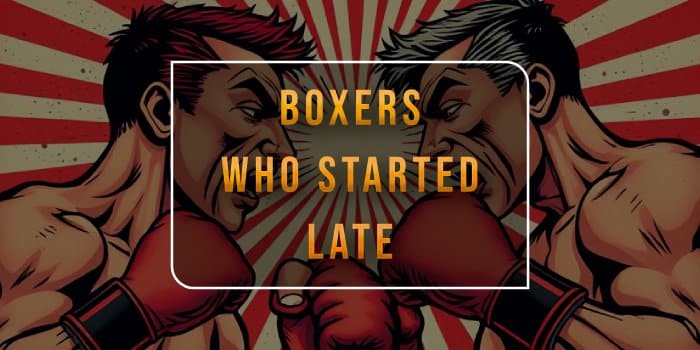
December 3, 2024
Boxers Who Started Late and Became Champions
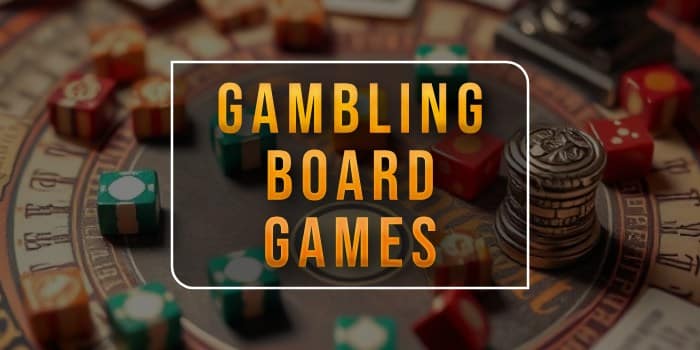
November 19, 2024
Best Gambling Board Games
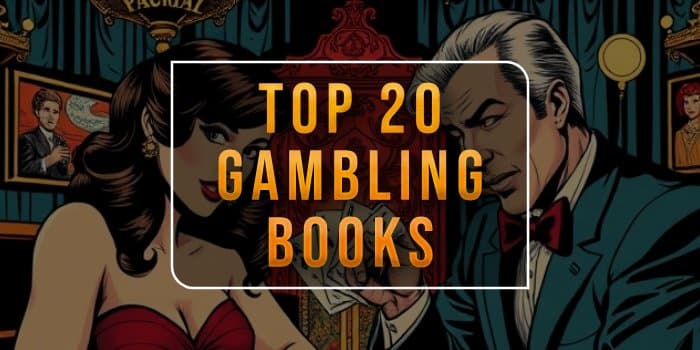
October 25, 2024
Top 20 Books About Gambling
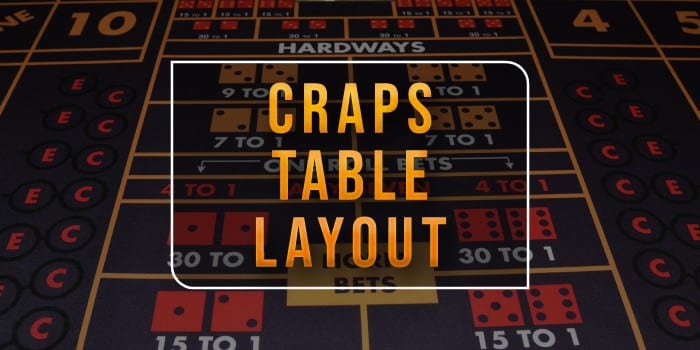
October 23, 2024
Craps Table Layout

Casino
October 21, 2024
Megabucks Slot Machines

September 30, 2024
What Soccer Positions Are There and How They Work

September 27, 2024
The Best Arcades in Las Vegas
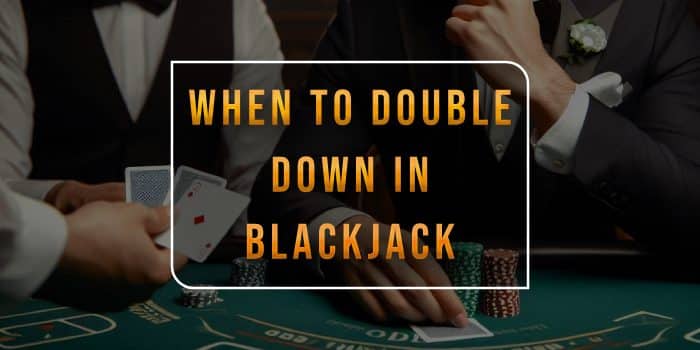
September 26, 2024
When to Double Down in Blackjack

September 24, 2024
Best Offshore Sportsbooks and Betting Sites

September 22, 2024
League of Legends World Championship: Odds, Tips & Predictions

September 19, 2024
How to Become Professional Gambler
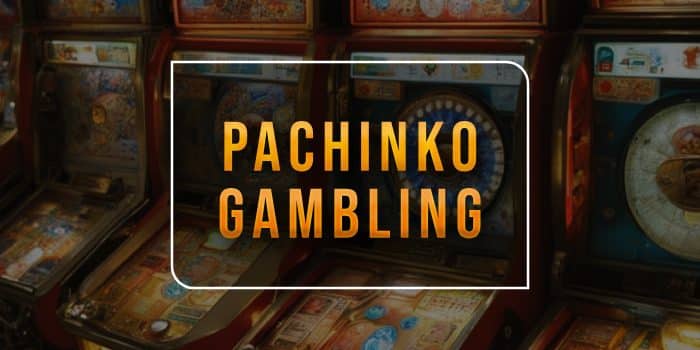
September 17, 2024
What Is a Pachinko Game Machine?

September 16, 2024
Michael Jordan Gambling: The Good, the Bad, and the Ugly

September 13, 2024
Best Odds in Vegas – Which Game Is Superior?



